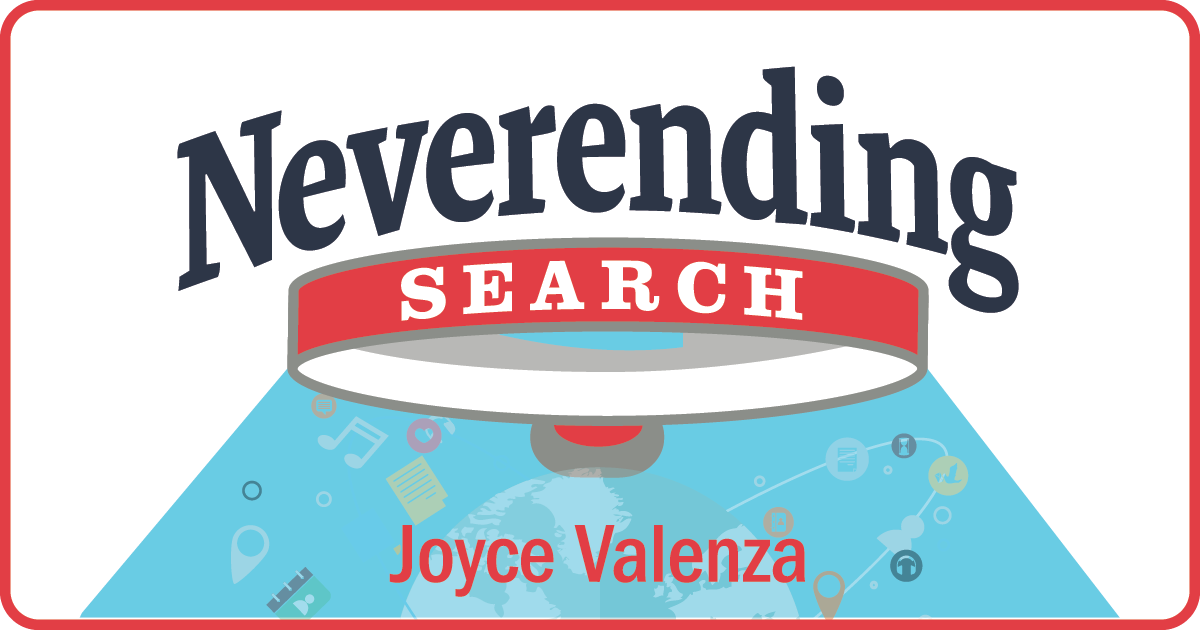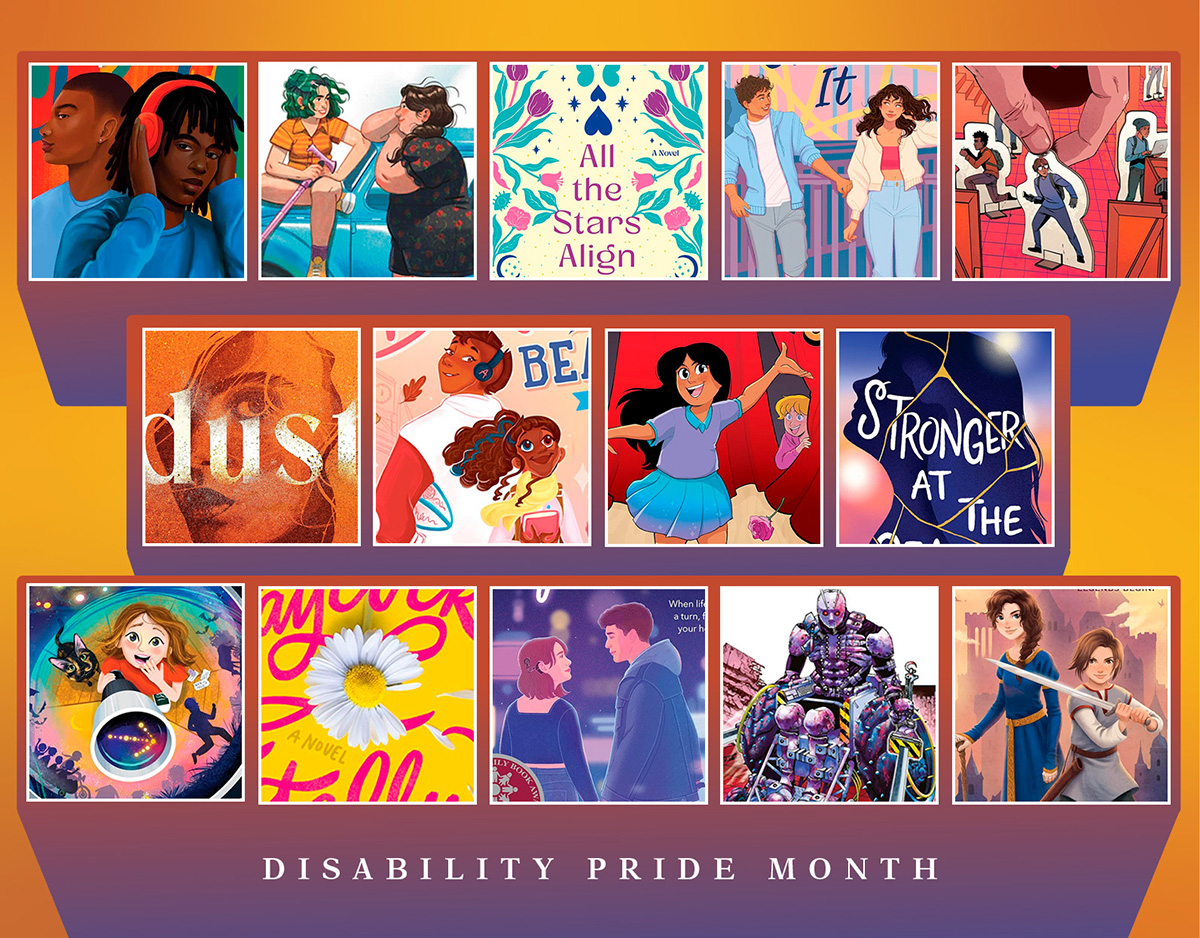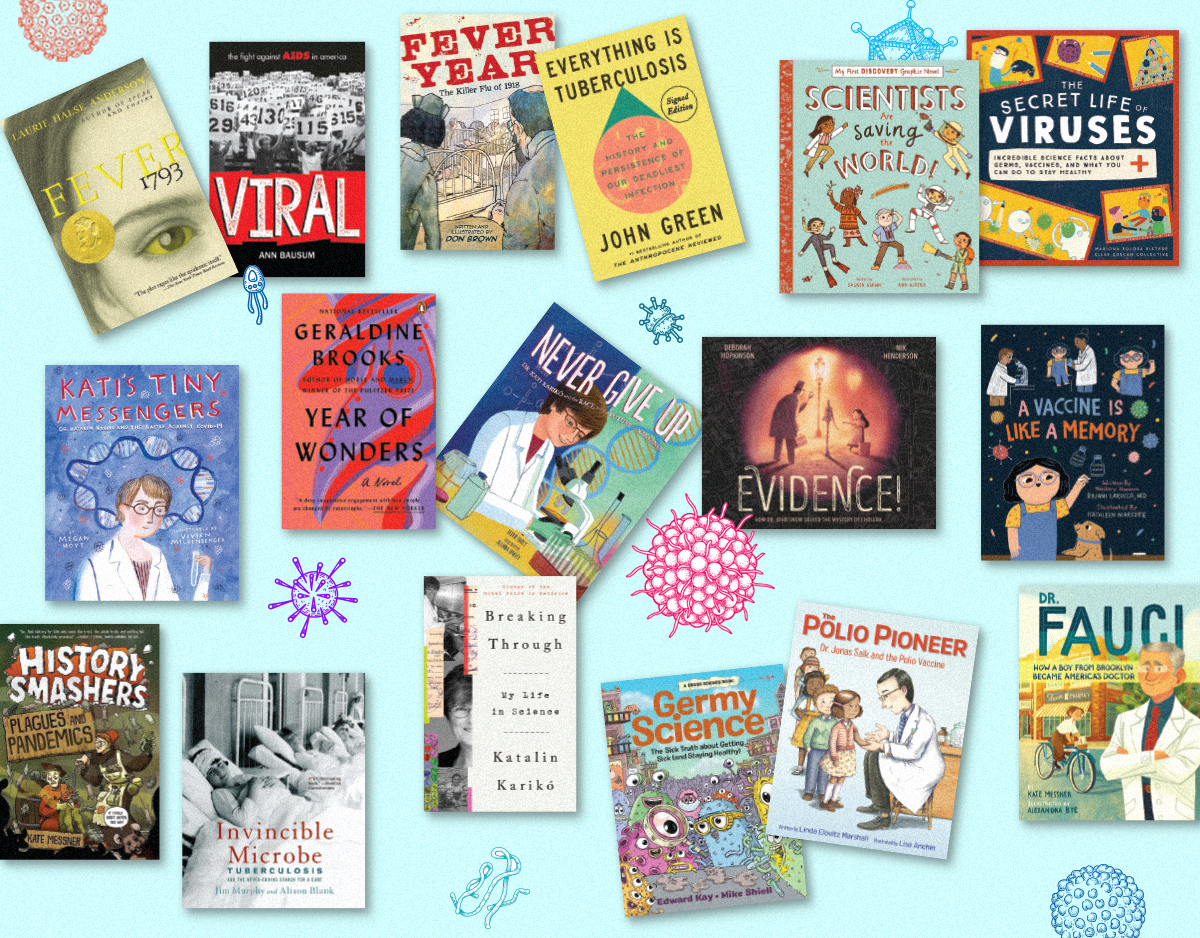SCROLL DOWN TO READ THE POST
Making civics a priority: “The Roadmap to Educating for American Democracy”
This week, I was excited to attend the launch event for The Roadmap to Educating for American Democracy.
At a time when school districts are focused on delivering curricular essentials . . .
At a time when school districts have seen a 50-year erosion of civic education schools—to the point that the federal government now spends only 5 cents per student per year on civics, and fewer than a quarter of American 8th graders score as proficient on the National Assessment of Educational Progress in civics. . . . (EAD Press Release) .
And at a time of intense national polarization, when we find our students most in need civic education, a roadmap is a most welcome directional gift.

The goal of the team of more than 300 ideologically diverse and multi-disciplinary scholars, educators, and practitioners behind the Roadmap is to offer states and school districts access to high-quality civic learning opportunities for K12 students. The goal is to make civics and history learning a priority.
ADVERTISEMENT
ADVERTISEMENT
Funded by the National Endowment for the Humanities and the U.S. Department of Education, and led by experts from iCivics, Harvard University, Arizona State University, and Tufts University’s Tisch College of Civic Life and Center for Information and Research on Civic Learning & Engagement (CIRCLE). the inquiry-based framework for excellence in history and civics for all learners is resource librarians will want to endorse and promote in their learning communities.
The interactive Roadmap is organized by The Seven Themes and The Five Design Challenges and vertically spiraled across four grade bands. The Design Challenges span The Seven Themes and reflect the six core pedagogical principles presented in its Pedagogy Companion. Each of the Themes defines thematic questions for K12 history and civics, as well as key concepts, driving questions and sample guiding questions.


While aimed for use in civics and history education, the themes and questions could be used across the disciplines, especially in literature, the arts and any social science studies.

Classroom teachers and librarians will welcome the Education Resources which include assessments, games and interactives, lesson plans, multimedia, resource collections, teacher resources, teaching strategies, and unit plans. Educators are invited to submit additional materials.
Useful resources:
- Interactive Roadmap
- Stakeholder Brief for Classroom Teachers
- The Five Design Challenges: A Student Guide
- Educator Resources
- Download The Roadmap and Report Documents
- Pedagogical Companion
Filed under: civic engagement, civics, history, inquiry, technology
About Joyce Valenza
Joyce is an Assistant Professor of Teaching at Rutgers University School of Information and Communication, a technology writer, speaker, blogger and learner. Follow her on Twitter: @joycevalenza
ADVERTISEMENT
SLJ Blog Network
One Star Review, Guess Who? (#217)
Modern Fairytales and Excessive Tresses: Corinna Luyken Talks The Arguers
Miss Camper | This Week’s Comics
Here Have Some YA Disability Pride
The Classroom Bookshelf is Moving
ADVERTISEMENT
ADVERTISEMENT








